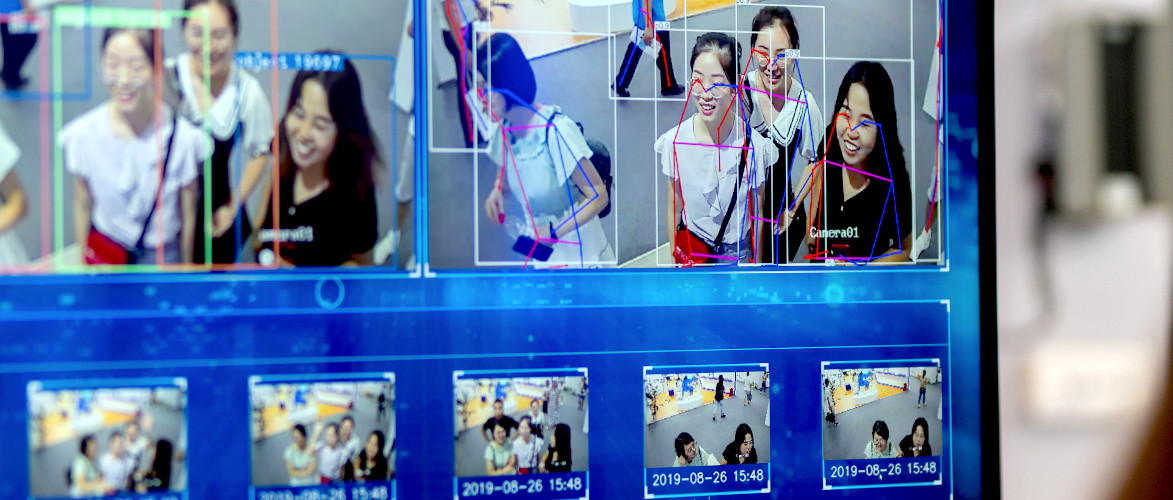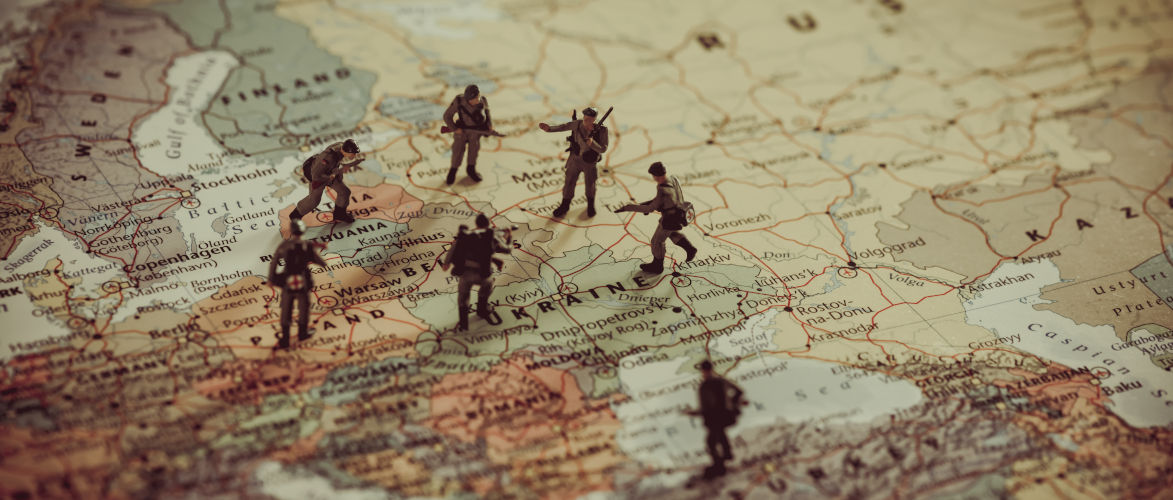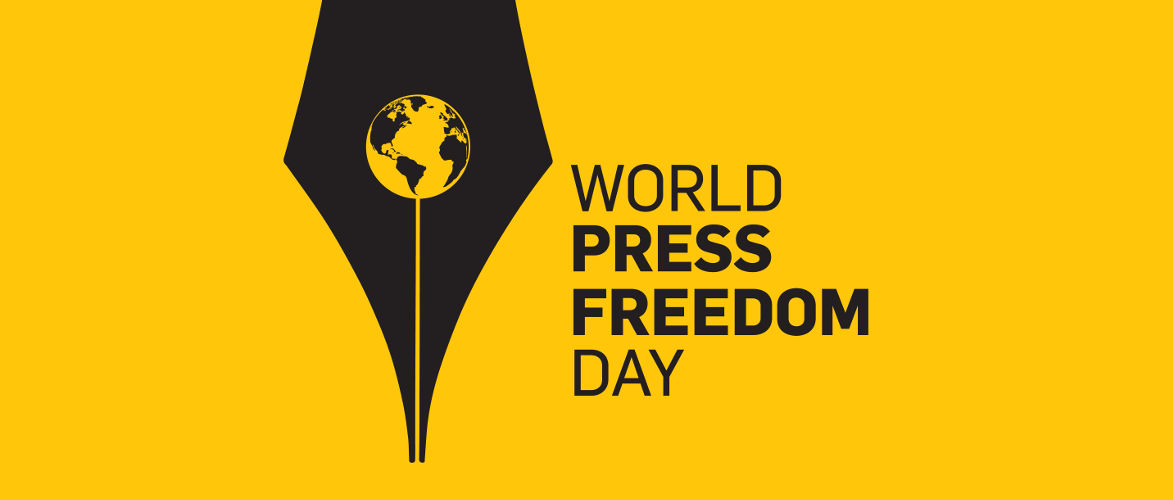About the courageous decision to learn on your own.
By Bastian Barucker.
An appeal to the youth
A society that sees children and young people as passive recipients of education is in great danger. It creates task-fillers and conformists who, as adults, believe that someone else knows better about what they have to learn or do. In this way, society robs itself of its creativity, its liveliness and, above all, of the courage to try new things. Therefore, young individual, I say to you: allow yourself to educate yourself!
Part of my learning journey
It is the graduation year of my class of 2003, and by a “coincidence” of life, I – athletic hip-hop DJ – meanwhile fall in love with a black-dressed intellectual woman who listens to guitar music and reads philosophical books. By the way: There are no coincidences in life. But maybe more about that later. I am fascinated by her world and suddenly dive into the pedagogical views of the philosophers Rousseau and Locke. Locke thought children were a blank board that needed to be written on. Rousseau, on the other hand, thought children were like plants that already had a lot of knowledge about their development inside them. They do not need to be written on, but they need a nurturing environment to grow well. A dandelion does not need instruction to know what it is and how it should grow. It needs a natural environment in which it can thrive well. Inspired by this reading, I know one thing for sure before I graduate from high school: I will not go from one educational box, high school, to the next educational box, university. Through the real-life learning in Rousseau’s “Emile, or On Education,” a window has opened for me to ask myself, “Why don’t I just go out into life to learn?”
This question marked the starting point of a long, self-directed learning journey. I sought out teachers and learning sites, mostly in nature, and in each case fully immersed myself in these learning environments. Whether it was the wilderness of North America, the Bolivian Andes, the Tyrolean mountains, or the steppes of Tanzania, I wanted to learn and discover through my own experiences. It started with a survival trainer course, where I learned the basics of wilderness living every day while living in a tent outside. After a few months, however, a voice inside me said, “I ought to study and get a normal education.”
A few weeks later, I’m sitting in the Free University of Berlin. It is winter, and I have just returned from several months in the countryside. I enter an artificially lighted room where a student is sitting, and I register for the subject Geographical Sciences. I look out the window and see the orange-red sun slowly rising. At the same time, it is explained to me how the university’s credit system works. I quickly realize that life out there touches me, but the credit system ahead of me not at all. Maybe I just have to go through it to learn something really exciting afterwards?
6 months later. After identifying most of the trees on the campus between lectures, tracking rabbits, mapping bird nests, and exploring the best hiding places, I know that lecture halls are not my place to learn about the earth. In a letter to the head of the institute, I express my criticism of online tests, lectures without questions, and homework that no one reads. He agreed with my criticism and told me that there was nothing he could do about it. That was the moment I left the university and decided to go back to “real” life to continue learning.
Young person, I would like to tell you something
Please don’t get me wrong: I don’t know what the right learning path is for you. Maybe it’s the university. Or maybe it isn’t. I’m telling you my learning story so you can look at a lived example. It can show you a learning path. However, you, and only you, know your own learning path best. It’s not always easy to know what you want. That’s okay and nothing to worry about. There will be people who want to tell you what is best for you. Some of them are worried that you won’t turn into something ” decent.” Some of them just want the best for you. Some of these people have never dared to go their own way themselves, and therefore want you to be like they never have been.
Then there will be people who are interested in what you want. They will ask you, listen to you, without trying to tell you what is right for you. Some will give you so much trust and openness that they will invite you to find out quite honestly what you actually want to learn. They invite you to not worry about what others want. Then a space to dream emerges. In this space, a voice whispers the following question to you, “If everything were allowed, what would you like to do most?” I recommend you to listen to your gut feeling and your heart. This may sound strange, but it is the connection to the core of your being, and it is good if you learn to listen to it. It is okay and quite normal to sometimes not listen to this inner voice or to not understand it properly. That is also part of learning. And when you perceive it again, listen.
Have the courage to think completely out of the box and consider things that no one has ever done before. But also trust yourself when your impulse to learn goes in a direction that is not obviously special. All learning is valuable, and no learning journey is better or worse than another.
Make mistakes, because trial and error is the best policy!
I’ve been talking for a while now, and I hope I’m not boring you. I appreciate you listening to me. And believe me, I’m interested in how you’re doing and what you have to say. But first, let me tell you about making mistakes. Maybe you learned early on that it’s not good to make mistakes. It’s best to do everything right. If you make mistakes, you don’t get good grades. Some children learn this from their parents before they start school. Almost all the people you meet are afraid of making mistakes. So am I. Even though I’ve been practicing making mistakes for 15 years now, I still get scared sometimes when I do something wrong. Well, that’s unnecessary. Make mistakes! Don’t be afraid of them. Fear paralyzes, making you stop trying things. Some things you will have to try to know if it is the right thing to do. How in the world are you supposed to know beforehand? Was I making a mistake going to university only to realize it wasn’t the right thing to do? Of course it wasn’t. So don’t be afraid to make mistakes. We live in a time when we need people who have the courage to do something.
There was once a girl in a school. The teacher told all the children to draw a picture. The teacher went through the class and approached the girl. He asked her what she was painting. She said, “I’m drawing a picture of God.” The teacher paused and replied, “But no one knows what God looks like.” The girl replied, “Yes, they do! In a minute, everyone will know!” (1) You understand what I mean, don’t you?
We were wrong
You know, a long time ago we adults made a big mistake: we assumed learning meant storing a lot of information in a very small place in the brain. You already know this from school. If you keep this information inside you and then “throw up” the knowledge on the paper for the exam, you get a good grade. You didn’t learn anything for life, but you became a very good bulimic learner. We used to think you could treat kids like empty bowls and dump a lot of knowledge into them. Remember Locke and how he thought children were blank boards? This is exactly the same thing. To ensure that bulimic learning is fast and efficient, we put them all in a house and ordered them to sit down for hours. We’ve also made sure that it’s not you children who decide what you learn, when you learn it, and how you learn it; there’s always an expert who knows better. We live in a time when many people trust other so-called experts more than they trust themselves. Sometimes this is good and sensible and often it is not. It has long been clear that only a very small fraction of the information you are given at school can be recalled from your memory after school. And a lot of it you will never need again.
We adults have another serious problem. Because we haven’t learned to handle mistakes well, we rarely admit our mistakes. We have all learned that making mistakes is wrong. Therefore, we sometimes repeat something that is pointless just so we don’t have to admit we were wrong. Crazy, isn’t it? A really smart man, Albert Einstein, would even call us insane: “The definition of insanity is doing the same thing over and over again and expecting different results.” We’ve known for a long time that learning doesn’t work that way. But for some people, teaching children to sit dutifully and learn what, when, and how an authority wants them to at an early age is an advantage. People who like to control others and determine where things go, they are happy about bulimic learners and task completionists.
Adults who know a little about learning know that learning actually works quite differently. There are more and more people who want to revolutionize schools and universities. At some point, there will be so many that we will have to rethink learning in this society all over again! Or should I say: completely old school?
What was it like in the old days?
You know, we humans are crazy creatures. Every day we live in houses and on roads, but actually we all come from the forest or the savannah (2). So we lived in nature almost the whole time of our history. Every day, every week, every month we lived outside in small groups and got food, shelter, water, fire, tools, clothes and many other things. We lived the same way animals do. We are animals too, you know, mammals. Some people think they are something better than an animal. I don’t believe that. Go out into the forest and stay there for a few days. You’ll soon find out how capable these animals are. You will be freezing and hungry. The deer, ants and robins won’t. They know how life in nature works. By the way, back in the days when we humans knew about this, there were no schools. Neither was there only one teacher.
We lived the same way animals do. We are animals too, you know, mammals. Some people think they are something better than an animal. I don’t believe that. Go out into the forest and stay there for a few days. You’ll soon find out how capable these animals are. You will be freezing and hungry. The deer, ants and robins won’t. They know how life in nature works. By the way, back in the days when we humans knew about this, there were no schools. Neither was there only one teacher. There were many uncles, aunts and grandparents. Each one of them was particularly good at something. There were also no written exams and certainly no bulimic learning. The children lived with the adults in the village and played. They played a lot and preferred to play in a groups(3). They were not all the same age, but rather very mixed. The big ones showed the little ones new things and looked after them.
The kids watched the adults doing everyday activities: making arrows, weaving baskets, building canoes, tanning leather, and all sorts of other things. Afterwards, they began to imitate, and the adults helped them until they could do it on their own. So they learned by doing things and watching others do things. You know, I’ve been around hunter-gatherers myself because I’d rather see things for myself than read about them in a book. I’ve seen youngsters make poison arrows and go hunting and supply the village. I’ve seen 7-year-olds hunt birds with bows and feed themselves to some extent. I could hardly believe what I was seeing.
Learn from life
Life is really exciting. It is very colorful and special. Nobody knows everything about life. We only have one, at least I think so. However, I don’t exactly know that. Anyway, life is wonderful, and there are many exciting places and people. You remember I said at the beginning that there are no coincidences. Well, I ask you not to believe everything I say, but to ask life itself. You will find your answer. In any case, I recommend you to be attentive. Pay attention to things that seem to happen by chance. Notice moments that feel like you are receiving a gift from life. It may also be that these coincidences cause disappointment, sadness and pain. It will take a while before you can see these moments as valuable, too. So when coincidences happen to you and they make you learn in unexpected ways, say thank you. Say it in your words and from your heart.
Learn from mentors
Remember what I told you about Rousseau? He had great theories about learning and wrote a lot about natural education. Remember my example of the delicious dandelion that already knows who it is and that all it needs to grow is a suitable environment. Rousseau is a good example of something I have observed many times in my life. He had five children and had them all educated in an orphanage (4). And an orphanage is not the ideal environment for a child. So he wrote books about a good way to deal with children, but was not able to practice it. That doesn’t mean his ideas aren’t valuable. But there is a big difference between a person who says or writes something and a person who actually lives as he says.
There are very good teachers and teachers who say or write little or nothing. They just do what they love to do from the heart. “Walk the talk!” is all I say. They are usually very good at what they do, and it is worth spending some time around them and observing them. Look for people who exemplify something that interests and excites you. Have the courage to ask them if you can spend time with them. You will know a mentor by the fact that he wants to get to know you as a person. He will take an interest in you and support you in developing to your fullest potential. He will support you in your way of learning. At best, he doesn’t have a plan of how you should be and what you should become, but knows that you, just like the dandelion, need a good learning environment and already have everything you need inside you.
Conclusion
So, now I’ve really talked a lot, and you’ve listened to me for a long time. I really wanted to tell you this because I think you and every young person are very special. I want to encourage you to set out and go on your personal learning journey with openness, courage and joy. I also want you to know that we adults care about your well-being and happiness. We are there for you when you need us, and we let you go to learn about yourself and about life. We also know it’s not easy and you will face many challenges. Let us know if you need help, okay? At some point, you young people will play a decisive role in shaping our society. You will need all your creativity, connectedness, sincerity, enthusiasm, humility and authenticity to make the world more peaceful, healthy, just and beautiful. Don’t think of this as a burden or work. It is the responsibility of adulthood. You will know when it is time to take on this responsibility. If you have found good mentors, they will remind you at the right time.
There are exciting years ahead of you and all of us. And know this: It’s not a competition or a contest. What you find on your journey is just right for you. In the forest, no one tries to be like anyone else. Imagine if the ant tried to fly like the eagle. That makes no sense. Just as in nature, each person has his gift, his peculiarity and his personal way. Respect and learn from the way of others. Walk with them for a while and let them enrich you through friendship. Go your own way. But do not stay alone. Do it like nature. Live in connectedness and cooperation with all other beings on this earth. Only by weaving together the individual talents into a community of reciprocity creates the web of life. Everyone gives and takes, and that is how life has always flowed and will flow forever.
So, enough talk. I don’t want to hold you up. Besides, my little son is waiting for me. He is almost a year old. He loves nature, the earth, the water, the sun and the sky. He looks openly and joyfully at the world and marvels at the people he meets. He trusts that we parents, as well as everyone else, are friendly to him. You, I, and all of us have a choice. We can choose to walk the path of life and get to know ourselves and our talents better. That is good and important. We can also choose to align our actions so that the children now and those yet to be born find a world in which they can live healthy, connected, peaceful and in beauty. A world where they can be themselves and learn the things they care about. I made that choice, and that is why I told you all of this.
From the bottom of my heart, I wish you a wonderful journey through life!
Sources and remarks:
- Sir Ken Robinson, lecture: https://www.youtube.com/watch?v=iG9CE55wbtY
- https://de.wikipedia.org/wiki/J%C3%A4ger_und_Sammler
- https://en.wikipedia.org/wiki/Hunter-gatherer
- https://lesen.oya-online.de/texte/203-spielen-macht-schlau.html
- https://www.tagesspiegel.de/kultur/jean-jacques-rousseau-querkopf-der-aufklaerung/6788314.html
+++
This article was published in advance on blog.bastian-barucker.de on 28.04.21.
+++
Image source: garagestock /shutterstock
+++
KenFM strives to present a broad spectrum of opinions. Opinion articles and guest posts need not reflect the views of the editorial team.
+++
KenFM now available as a free app for Android and iOS devices! You can get to the Apple and Google stores via our homepage. Here is the link: https://kenfm.de/kenfm-app/
+++
Subscribe to the KenFM newsletter now: https://kenfm.de/newsletter/
+++
You like our program? Information on other ways to support us here: https://kenfm.de/support/kenfm-unterstuetzen/
+++
Now you can also support us with Bitcoins.

Bitcoin-Account: https://commerce.coinbase.com/checkout/1edba334-ba63-4a88-bfc3-d6a3071efcc8










Kommentare (0)